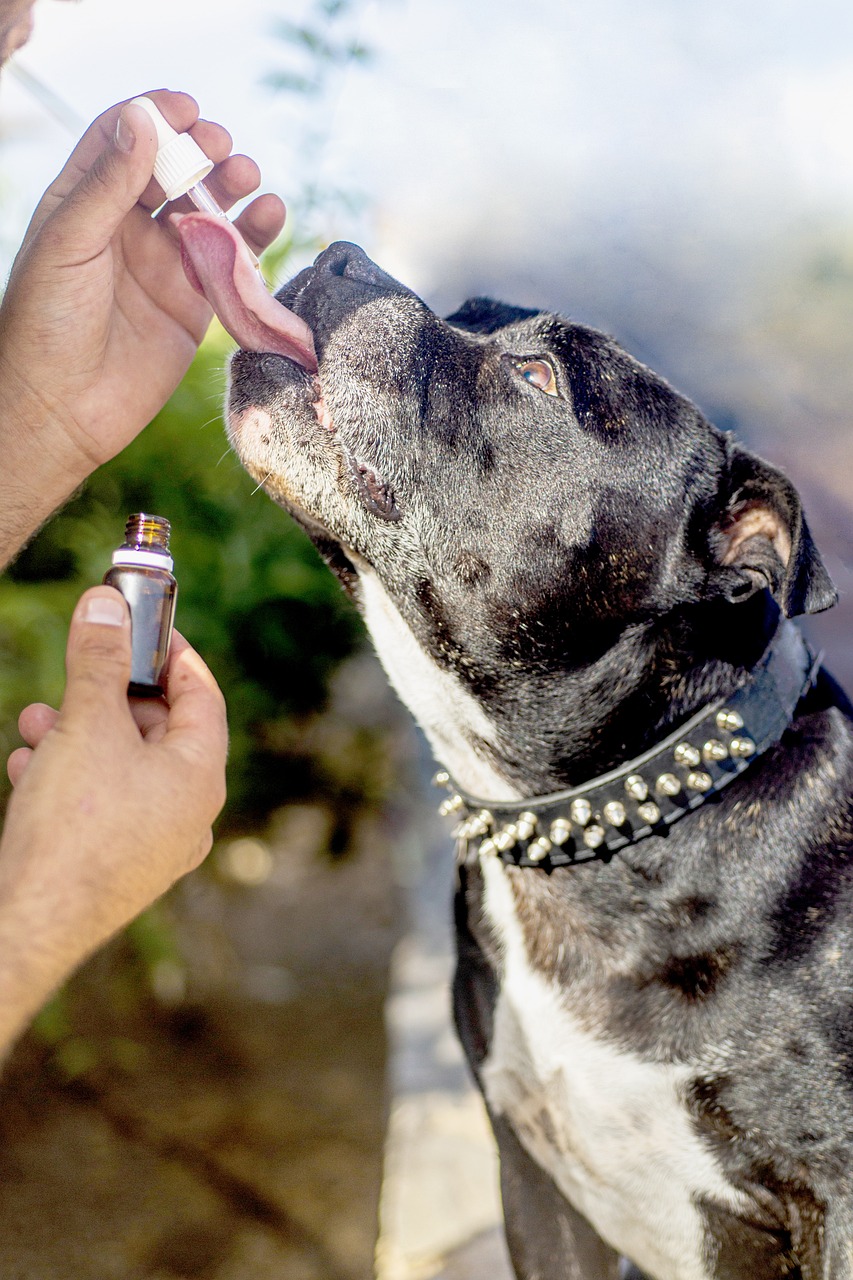There is evidence suggesting that cannabinoids possess anti-inflammatory effects. These effects are generally attributed to the activation of CB2 receptors, which have immunosuppressive and anti-inflammatory actions. CB2 receptors are peripheral receptors for cannabinoids that are coupled with G proteins. We’ve talked about this to some extent before, but the activity as an anti-inflammatory differs somewhat.
One of the proposed mechanisms of immunosuppression involves the reduction of certain proteins released by macrophages. CB2 receptors are expressed on most leukocytes as well as microglia. Okay, so what does that really mean? While CBD primarily exhibits anti-inflammatory effects, some cannabinoids, such as THC, may have pro-inflammatory effects.
The anti-inflammatory properties of CBD have mainly been studied in rodent models, with their mechanisms of action examined in cell cultures. In canines, recent studies have yielded mixed results regarding the efficacy of CBD as an adjunct therapy for managing inflammatory conditions like osteoarthritis (OA). Researchers found that administering CBD at a dose of 2.5 mg/kg twice daily, either with or without non-steroidal anti-inflammatory drugs, did not improve objective measures of pain in dogs with OA compared to a placebo.
This may have more to do with psychological reasons, such as bonding with the pet owner. The researchers observed some improvement in both the placebo and treatment groups, which they attributed to either a caregiver’s effect or potential anti-inflammatory properties in the hemp seed oil used as the vehicle. This study was the only one to utilize objective outcomes.
In contrast, another study discovered a significant reduction in pain (as perceived by the owner) and increased mobility in large dogs with OA when CBD was administered for 4 weeks at doses ranging from 0.5 to 1.2 mg/kg. This effect was observed with both naked CBD and encapsulated CBD (liposomal CBD), without the use of additional anti-inflammatory drugs. It’s not certain whether this effect could be achieved in smaller dogs to produce the same results.
Nonetheless, CBD is metabolized faster in a fasting state versus fed and it accumulates in the dog’s body over time. This may suggest that variations exist between different breeds and size of dogs, as well as having something to do with feeding schedule and tolerance levels. When in doubt, see what your vet has to say and adjust your regimen as directed.

